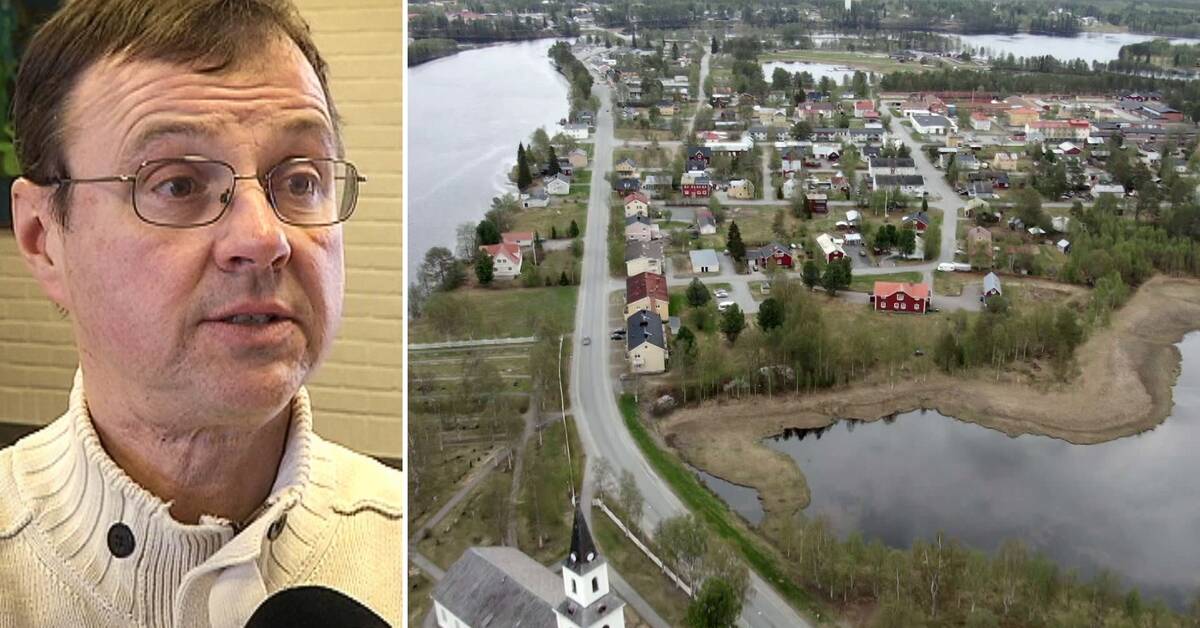Sweden's municipalities are partly financed by state subsidies and the municipal property tax, which is a state tax.
The National Audit Office has examined the distribution of this money between the municipalities - which shows that it largely works as it should with the goal that all municipalities should have equal financial conditions.
However, there are shortcomings.
Municipalities with a small population receive a smaller share of targeted state subsidies, something that is not compatible with the goal.
- Sometimes the effort to make these applications is higher than the benefit you can eventually get out of it.
This is how I have experienced it sometimes, says Nicke Grahn (L), municipal councilor in Dorotea.
"Higher effort than benefit"
One of the reasons why smaller municipalities have difficulty in obtaining these grants is that they do not have the resources to apply for them.
The application process should be much easier, Nicke Grahn thinks.
- We in the small municipalities are often good at the practical work, but we do not have such a large staff for the administrative.
Make application procedures as simple as possible - less bureaucracy is always good, he says.
Big differences in the property tax
The review also shows that the property fee should be reviewed.
The government stated that it would give the municipalities an incentive to drive, for example, housing construction.
However, this incentive has been weakened by an increased tax exemption for newly built homes.
The differences in the municipalities' income from the property fee are large and largely depend on how many single-family houses the municipalities had when the fee was introduced.
- If it is not clear what the purpose of the fee is, it will also be difficult to understand on what grounds the money is distributed.
A review should be made here, says Anna Brink, project manager for the review.

